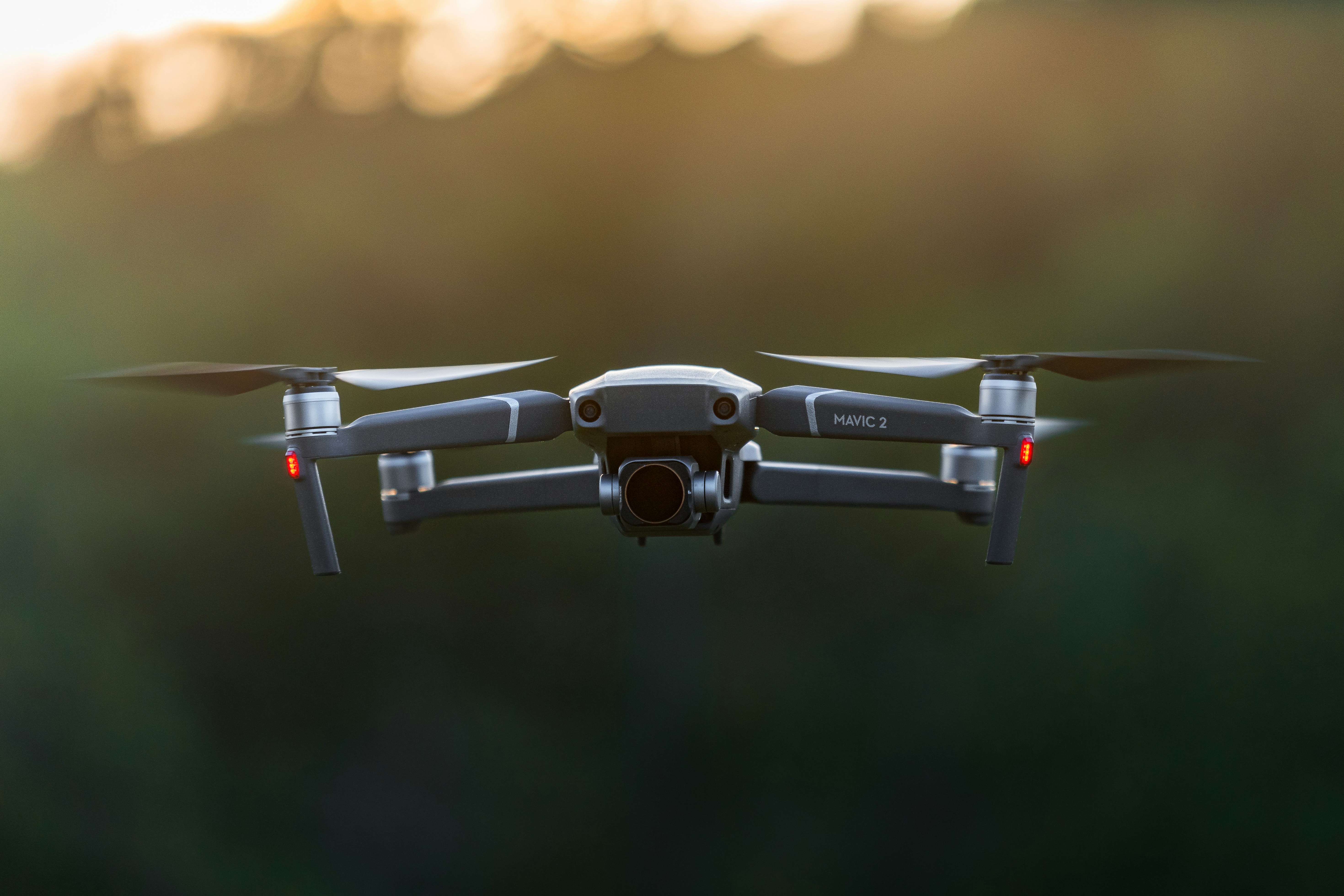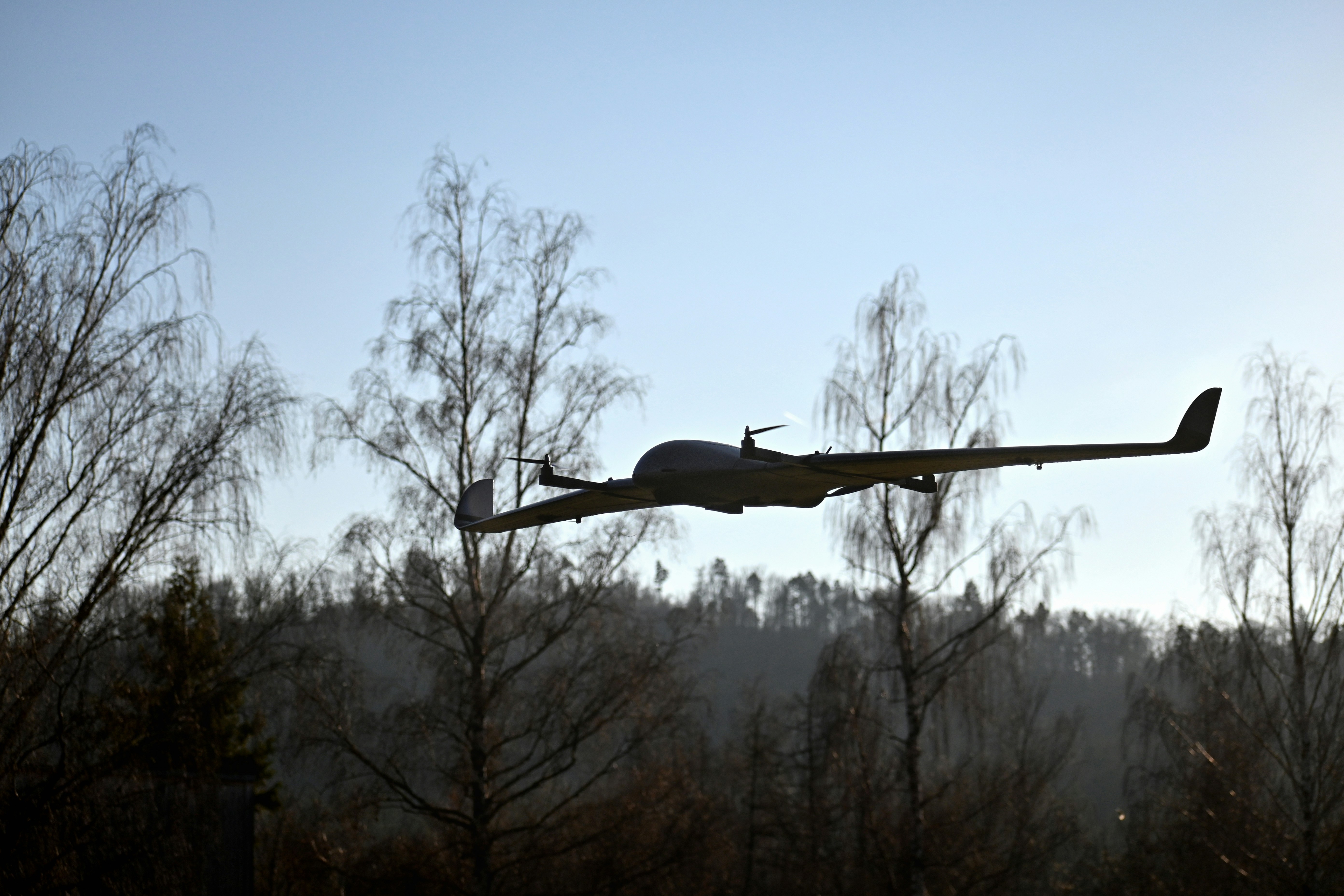Our OEM Client based in Solihull, is searching for a Joining / Manufacturing Engineer to join their team, Inside IR35. This is a contract position until 17th July 2026.
Umbrella Pay Rate: £32.61 per hour.
As a Joining / Manufacturing Engineer, you will be at the heart of our manufacturing process, ensuring our joining methods are robust and efficient.
Roles and Responsibilities:
Collaborate and Influence: Actively contribute your insights and provide vital feedback to our lead Joining Engineer, BIW Process Engineering, and Product Development teams. Your input will directly shape how our joining methods become manufacturable under real plant conditions.
Analyse and Optimise: Dig into the results of feasibility trials, providing incisive technical inputs to ensure data validity. Your analytical skills will be crucial in finding areas for improvement and driving optimal solutions.
Foster Strong Vendor Relationships: Proactively manage vendor engineers, ensuring all responsibilities are met, technical reviews and timing adhered to, and any deviations are raised promptly.
Ensure Project Consistency: Function as a project co-ordinator, championing consistency across all initiatives. You'll ensure every project aligns with our best practices and established methodologies, guaranteeing high-quality, standardised delivery every time.
Drive Digital Transformation: Use your data and digital Systems Proficiency to find opportunities for automation, create insightful dashboards for real-time monitoring and perform sophisticated data analysis using formulas, macros, PowerApps and even AI tools. Your ability to harness technology will streamline our processes and enhance decision-making.
Co-ordinate Manufacturing Excellence: Partner with the project team and co-ordinate seamlessly with Line Builders/vendors to advance each phase. You'll ensure strict adherence to joining technologies buy-off procedures and standards, contributing to seamless production.
Understand the Big Picture: Develop a solid understanding of how various interfaces interact with joining technologies in a manufacturing environment and ensure parameters are perfectly aligned for applications such as adhesive, FDS, RSW, and more.
Essential Personal Specification, Experience and Education Required:
We're looking for someone who brings a blend of technical curiosity and strong people skills. You're likely:
A Collaborative Team Player: You thrive in a team setting, actively listen to others, and bring genuine enthusiasm and passion to your work. You understand that collective success is built on individual contributions and strong teamwork.
Initiative-taking and Purposeful: You're a natural problem-solver who doesn't wait to be told what to do. You take the initiative, drive tasks to completion, and consistently meet deliverables and commitments with a solutions-oriented mindset.
Digitally Savvy: You're highly proficient with computer applications and eager to apply your skills to automate processes, build dashboards, conduct data analysis and explore the potential of AI to improve efficiency.
An Effective Communicator: You're confident and articulate when communicating with project stakeholders at all levels, possessing strong written and spoken communication skills. You can convey complex technical information clearly and persuasively.
Technically Curious: Ideally, you're working towards or already hold a degree or equivalent in an engineering discipline. This will give you a foundational understanding of joining technologies or a strong desire to learn, with technologies such as:
Gas Tungsten Arc Welding (GTAW).
Laser Welding.
Self-Piercing Riveting (SPR).
Resistance Spot Welding (RSW).
Adhesive Bonding.
Flow Drive Screw (FDS).
Knowledge Transfer Champion: You can transfer knowledge and best practices from the engineering industry into the automotive environment, or a strong aptitude for doing so


